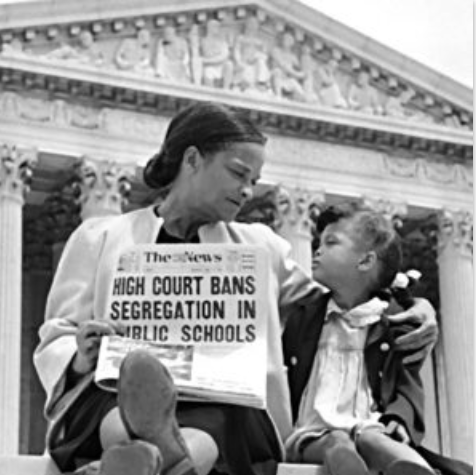Dr. Longfield Karr
This class examines the institution, meaning, and historical significance of the development of the rule of law and due process by critically examining some of the most important criminal, political, and civil trials in history and the stories we tell about them.
Great trials and their outcomes serve as critical statements on and reflections of the societies in which they take place. In some cases great trials might serve as means to affect legal change or social justice whereas in others they may stand as opportunities to extend authority and tyranny.
Beyond their own historical contexts, some great trials have had such a fundamental and foundational influence on the history, development, and justification for modern legal and political institutions that their stories have been recast, re-enacted, and reimagined in order to teach ‘timeless lessons’ about the dangers of tyranny, the virtues of duty, and the limits of justice.
The trials under consideration from term to term are selected based on their fundamental and foundational importance to the evolution of criminal, civil, constitutional, and international law and typically range from the trial of Socrates to the trial of Saddam Hussein.
